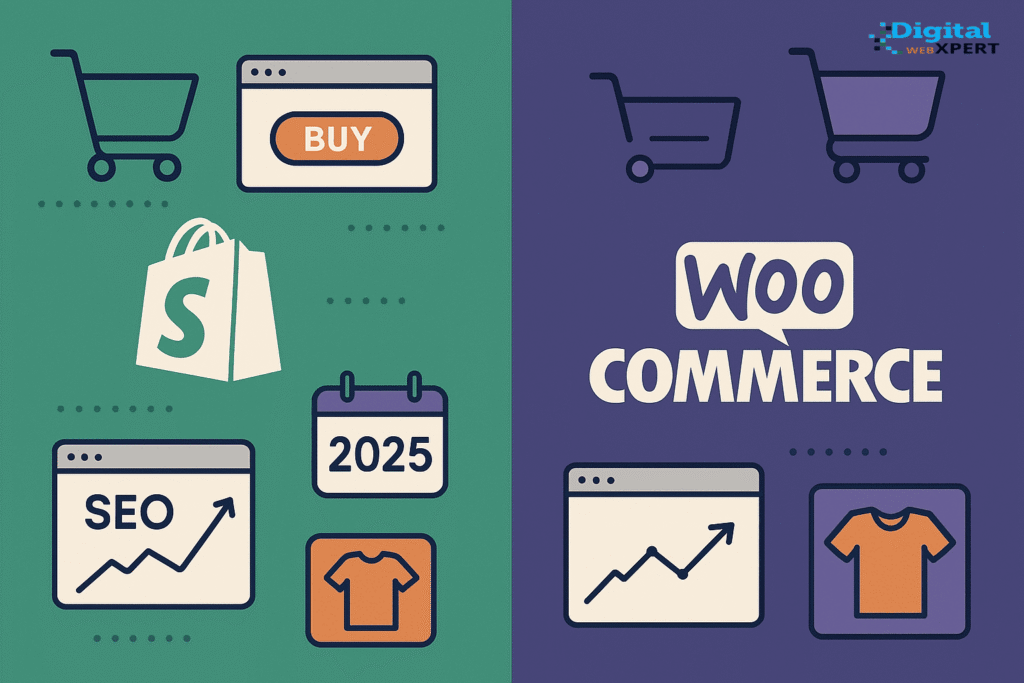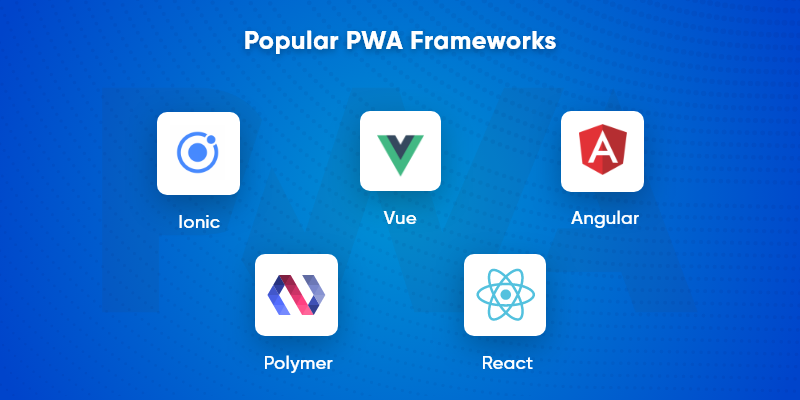Choosing the right platform to build and scale your online store is a critical decision—one that can make or break your business. In this Shopify vs WooCommerce comparison for 2025, we’ll dive deep into what each platform offers, how they’ve evolved, and which one is best suited for serious eCommerce sellers like you.
With the explosion of online commerce post-2020, sellers have more options than ever. But when it comes to performance, scalability, and control, two platforms consistently dominate the conversation: Shopify and WooCommerce.
Let’s break them down in detail.
1. Platform Overview
Shopify
Shopify is a fully hosted, all-in-one eCommerce platform that takes care of the technical backend for you. It’s built for ease of use, speed, and security.
Ideal for: Beginners, dropshippers, growing stores
Tech Stack: Hosted SaaS platform
Ease of Use: High
WooCommerce
WooCommerce is a WordPress plugin that turns your website into a fully functional online store. It offers flexibility and control over every aspect of your site—but requires more hands-on setup.
Ideal for: Custom stores, content-driven businesses
Tech Stack: Self-hosted, PHP + MySQL
Ease of Use: Moderate (with learning curve)
Verdict:
If you want full control and already use WordPress, WooCommerce wins. If you want plug-and-play, go Shopify.
2. Pricing Comparison
Shopify
Basic: $39/month
Shopify: $105/month
Advanced: $399/month
Transaction fees: Additional unless using Shopify Payments
WooCommerce
Plugin: Free
Hosting: $5–$25/month
Domain: ~$12/year
Extensions: Varies (some are free, others cost $30–$300/year)
No transaction fees by default
Verdict:
WooCommerce is cheaper upfront and gives you more control over long-term costs. Shopify is predictable but includes ongoing fees.
3. Design & Customization
Shopify
140+ themes (free & paid)
Drag-and-drop editor
Less flexibility with backend customization
WooCommerce
Thousands of themes via WordPress
Full access to site files, plugins, and code
Completely customizable frontend/backend
Verdict:
Want total design freedom? Choose WooCommerce. Want fast and stylish? Shopify does the job.
4. SEO Capabilities
Since SEO is vital to online store growth, let’s compare how each platform performs.
Shopify
Basic SEO options (meta tags, URLs, redirects)
Limited control over technical SEO (due to being hosted)
Apps required for advanced optimization
WooCommerce
Full access to powerful SEO plugins like Yoast SEO
Complete control over URLs, metadata, schema, and speed
Easily integrates with caching, CDN, and performance tools
Verdict:
In the battle of Shopify vs WooCommerce, WooCommerce is the clear winner for SEO in 2025—especially if you rely on organic traffic.
5. eCommerce Features
Shopify
Built-in product pages, inventory, shipping, and tax tools
Shopify Payments + 100+ payment integrations
Robust abandoned cart recovery and analytics
App Store with 8,000+ integrations
WooCommerce
Add almost any feature using plugins
Stripe, PayPal, Razorpay, etc., supported
You control how your cart, checkout, and product page function
Not all plugins are maintained equally—some vetting needed
Verdict:
Shopify wins for ease. WooCommerce wins for power and flexibility.
6. Scalability
Shopify
Handles 1 product or 10,000 with ease
99.99% uptime and world-class hosting
Dedicated support for high-volume stores (Shopify Plus)
WooCommerce
Depends on your hosting provider and site optimization
Needs active monitoring and management as traffic scales
Can handle enterprise loads with the right setup
Verdict:
Shopify is hands-off and scalable out of the box. WooCommerce scales well but requires expertise or managed WordPress hosting.
7. Security
Shopify
PCI-DSS compliant
SSL included
Automatic backups and updates
Shopify takes full responsibility
WooCommerce
You manage updates, backups, and security
SSL through hosting provider
Requires security plugins (like Wordfence) and good practices
Verdict:
Security is better handled by Shopify unless you know WordPress inside-out or hire a professional.
8. Support & Community
Shopify
24/7 live chat, phone, and email support
Extensive help docs
Community forum + Shopify Experts marketplace
WooCommerce
Open-source community
Support via hosting, plugin providers, and forums
WooExperts marketplace for developers
Verdict:
Shopify offers centralized, dedicated support. WooCommerce has a large ecosystem but support is decentralized.
9. Integrations & Add-ons
Shopify: Seamless integrations via app store (but many are paid)
WooCommerce: Integrates with anything that works with WordPress—endless options, but requires more setup
Verdict:
If you want plug-and-play integrations, Shopify wins. If you want custom freedom, WooCommerce is unbeatable.
10. Ownership & Portability
This one’s important:
Shopify: You rent your store. If you leave, you lose the hosted platform.
WooCommerce: You own your site and data. Full control over hosting, backups, and portability.
Verdict:
If ownership matters to you, WooCommerce is the clear winner.
Final Verdict: Shopify vs WooCommerce in 2025
| Criteria | Best Platform |
|---|---|
| Ease of Use | Shopify |
| SEO | WooCommerce |
| Customization | WooCommerce |
| Scalability | Shopify |
| Pricing Flexibility | WooCommerce |
| Support | Shopify |
| Ownership & Control | WooCommerce |
🛍️ Which Should You Choose?
Choose Shopify if you want a quick, low-maintenance, secure setup that scales fast.
Choose WooCommerce if you value flexibility, ownership, and SEO control—even if it takes more setup time.
Both are excellent. The key is aligning the platform with your business goals and technical skill level.
Need help choosing or building your store?
We help small businesses and startups launch SEO-optimized, high-converting websites—on both Shopify and WooCommerce.
Let’s talk strategy → Contact us today



